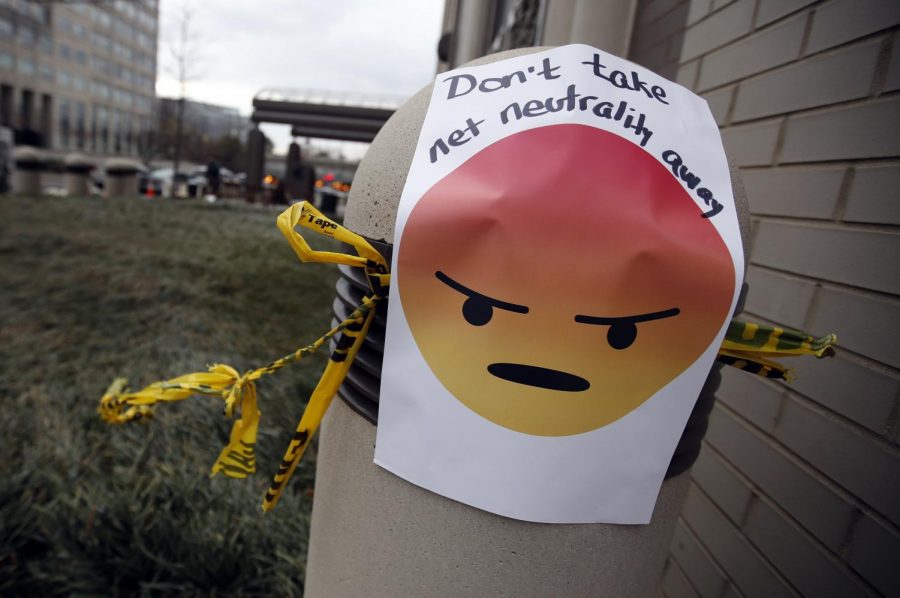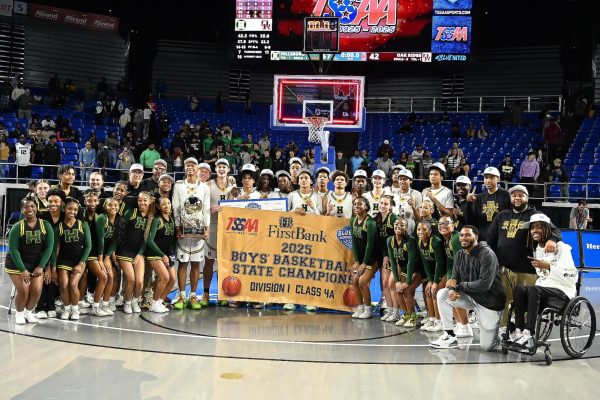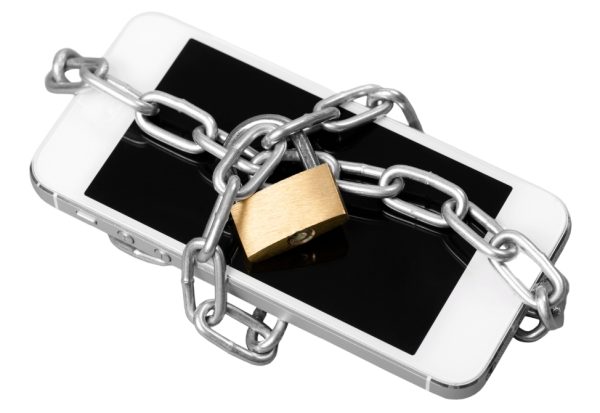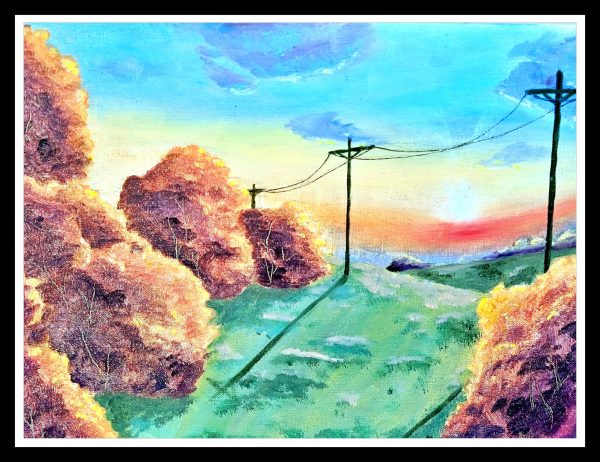FCC votes to end ‘net neutrality’
A sign with an emoji reads “Don’t take net neutrality away” is posted outside the Federal Communications Commission (FCC), in Washington, Thursday, Dec. 14, 2017, Thursday, Dec. 14, 2017. The FCC voted to eliminate net-neutrality protections for the internet. (AP Photo/Carolyn Kaster)
In 2015, after a long battle by U.S. citizens, the Federal Communications Commisson offered all Internet users basic net neutrality rights. Recently, the Trump Administration has announced plans to repeal these recently implanted laws.
December 14, 2017, the Federal Communications Commission repealed the Obama-era “net neutrality” rules, giving internet service providers like Verizon, Comcast and AT&T a free hand to slow or block websites and apps as they see fit or charge more for faster speeds.
Net neutrality is the condition in which all parts of the internet are equally accessible, and no company or network can control how a person uses the internet. Without this right, a network provider or large company can actually control what websites a user can or cannot go to, and they can heavily promote one source over another.
As of Thursday, in a straight party-line vote of 3-2, the Republican-controlled FCC junked the longtime principle that said all web traffic must be treated equally. The move represents a radical departure from more than a decade of federal oversight.
The push to eliminate net neutrality has stirred fears among consumer advocates and many web companies. Ordinary Americans now fear that the cable and phone giants will be able to control what people see and do online.
-
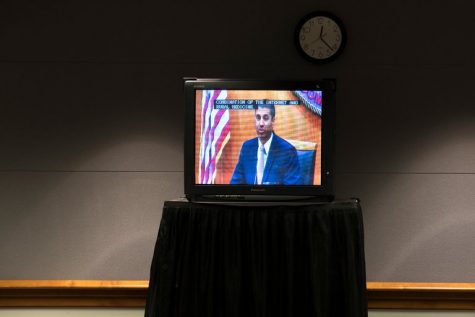
Federal Communications Commission (FCC) Chairman Ajit Pai, left, greets witnesses before a meeting where the FCC will vote on net neutrality, Thursday, Dec. 14, 2017, in Washington. (photo Rachel Ballenger)
Consumers who have followed this fight at FCC are worried that they will be kept in the dark about news stories and events misleads citizens to believe that they have nothing to worry about, when, in reality, tragic and revolutionary events are happening every single day.
There past behavior of internet companies has indicated that consumers have a reason to fear blocking or slowing of sites. “Such things have happened before.
In 2007, for example, The Associated Press found that Comcast was blocking or throttling some file-sharing. And AT&T blocked Skype and other internet calling services on the iPhone until 2009.”
But the broadband industry has promised that the internet experience for the public isn’t going to change.
This has outraged countless citizens, and there are hundreds of petitions that have been signed to stop this. Many people have reached out to their state representatives as well, trying to prevent votes to repeal.
Under the new rules approved Thursday, the Comcasts and AT&Ts of the world could slow down or block access to services they don’t like or happen to be in competition with. They could also charge higher fees of rivals and make them pay up for higher transmission speeds. They just have to post their policies online or tell the FCC.
Many protesters have come together to show support for internet neutrality, expressing that the internet is not something that Trump or any company has the right to control.
White House spokeswoman Sarah Huckabee Sanders said the Trump administration “supports the FCC’s effort to roll back burdensome regulations. But as we have always done and will continue to do, we certainly support a free and fair Internet.”
My name is Rachel Ballenger, and I am a student of Hillsboro High School's Global Health and Sciences Academy in the graduating class of 2018. I am interested...

